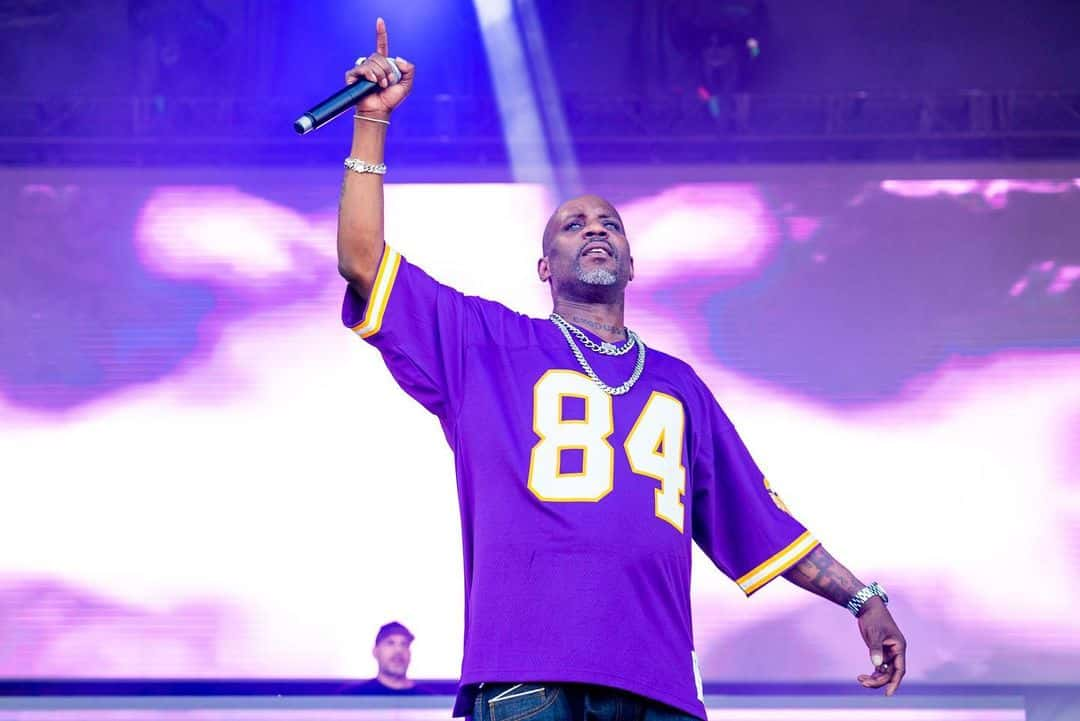Did DMX hate music industry? Rapper slammed record companies for shortchanging artists: ‘It’s straight robbery’

DMX was a successful rapper but he was an even bigger movie star and many people remembered him more from the movie roles he portrayed. His albums 'It's Dark and Hell is Hot' and '...And Then There Was X', were without a doubt historic but it's movies like 'Romeo Must Die', 'Exit Wounds', 'Belly', 'Cradle 2 the Grave', and 'Fast and Fierce: Death Race' that helped him reach a larger audience.
Some of his lesser-known movie roles were in films like 'The Bleeding', 'Jump Out Boys' and 'Last Hour' but his fandom grew by leaps and bounds due to his ability to emote on screen. He even produced one of the movies in 2004 titled 'Never Die Alone' and during the press conference for that film, DMX revealed the reasons why he considered his Hollywood career much more lucrative than his music career. He did so while bashing the music industry and the way it operates. See the excerpts below.
RELATED ARTICLES
DMX's past feuds: How rapper's beef with Jay Z and Ja Rule shattered their dreams of Murder Inc

'In music, the highest-paid artists get 18 cents off a dollar'
DMX blasted the recording industry during the conference while calling them out for the cuts it takes from its artists. “In music, the highest-paid artists get 18 cents off of a dollar and the record company still owns their product even though they paid for it,” DMX said. “It’s like straight robbery. Straight robbery. They give you nothing," he said.
DMX in his entire career has released eight studio albums, five compilation albums, one mixtape, two EP's and 46 singles. By 2004, five of his albums had hit airwaves but he wasn't seeing the benefits from it. He didn't mince words while calling out his former label Def Jam, vowing never to work with them again. “I refuse to give another dime to that record label, to Def Jam,” DMX said.
“I gave them their best year, I made $144 million for them in one year. $144 million dollars in one year, guess how much they gave me? They didn’t give me sh*t. What they did was they loaned me three towards my next album. It was like soon as they give you that money, you already owe them two more albums. They don’t give you anything. They advance you or they’ll give you something and have you pay for it later," he said.
“Everything is an advance,” DMX said. “But they’ll offer it to you. ‘Hey, we were looking at the new Range Rover. We thought it’d be a great idea if we got it for you.’ And they’ll get it for you, then you look on your PNL report, you’ve got $80,000. You end up thanking yourself.”
DMX wanted to own his music
During the conference, he spoke about his issues with the record label that continued to own his music despite him paying the studio back. “You give me the money, I make the music. After I pay you back the money, I should own the music, because that was the money, you put up the money. They still own it, they always own it and they ask for maybe 27 songs for each album, yet they only use about 16. The rest they give away to soundtracks. It’s robbery," he said.
DMX hated the music industry for long-drawn contracts
In 2004, DMX was still on contract with Def Jam and had two more years left for it to end and he harbored an issue with the company for holding him for that long. “The standard contract is five to seven years, five to seven albums. How the f**k do you call me a risk, yet you hold me down for five to seven years? And the average expectancy of any artist is three years. So you’re already holding me for longer than you think I’m going to last. There is no risk factor," he had said.










